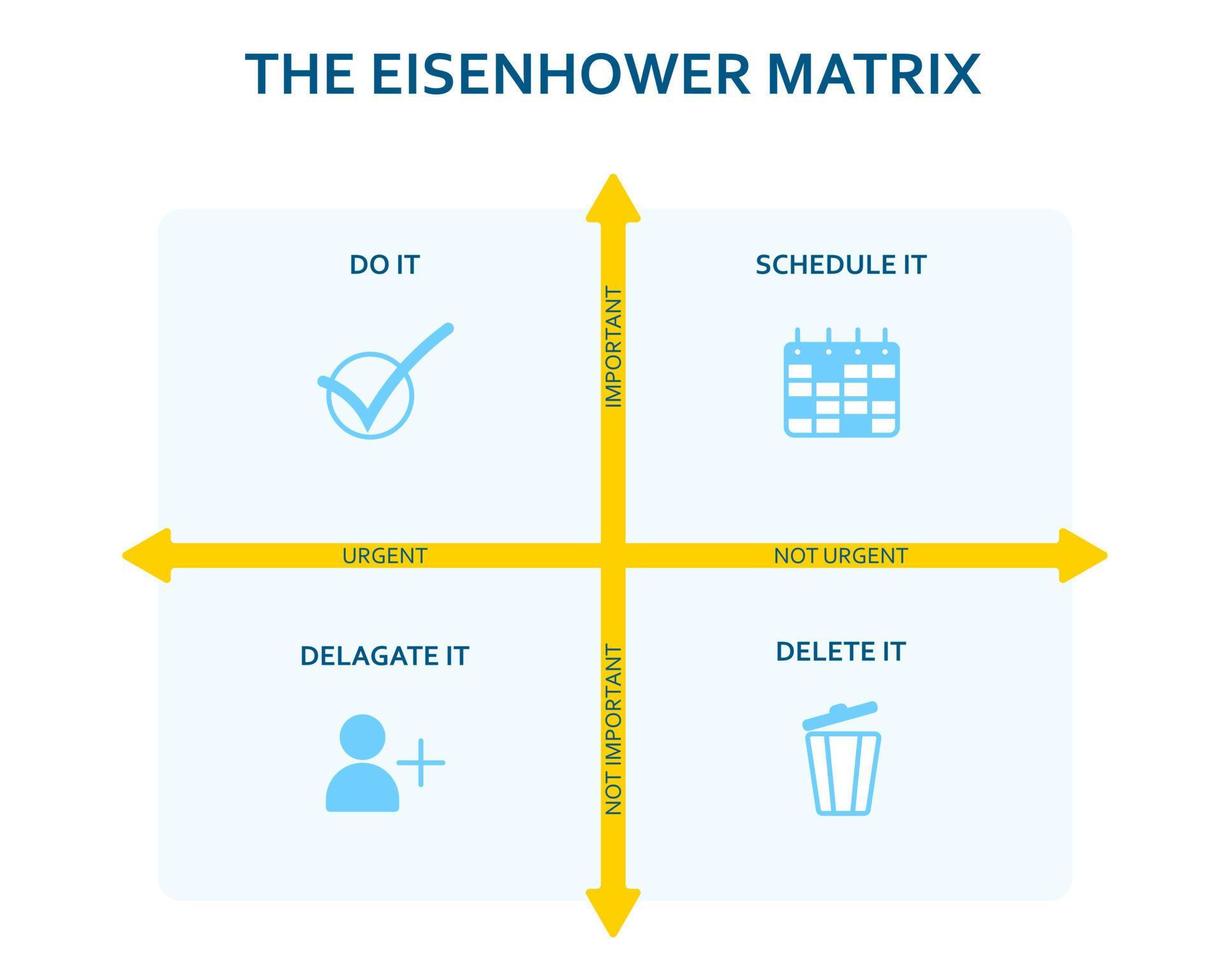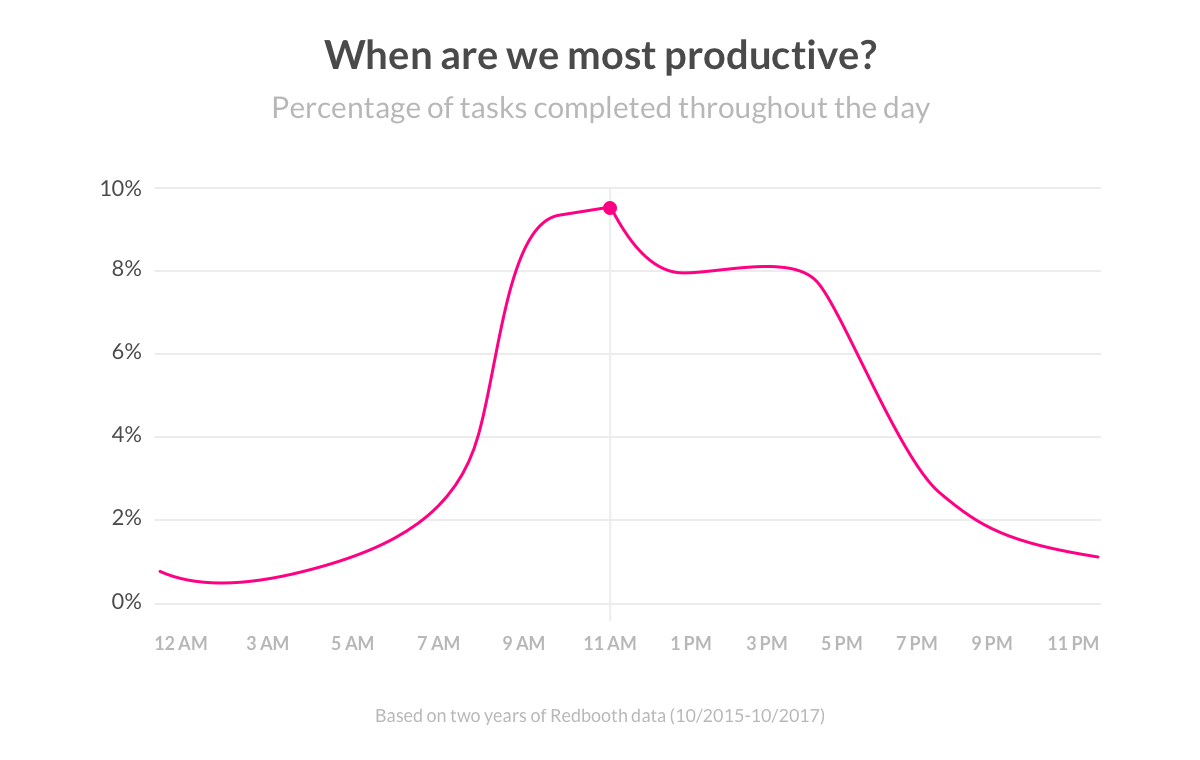5 Productive Habits to Transform Your Workday
You walk into the office, and the weight of your to-do list already looms large. The day hasn’t even started, and you’re feeling overwhelmed. But what if you could adopt some straightforward habits to boost your productivity and transform your workday? Good news – you can. By making small adjustments to your routine and mindset, you can accomplish more in less time and with less stress. In this article, we’ll delve into 10 productive habits that can help you regain control of your workday. No more frantic rushing between meetings or staring at an ever-growing inbox. With these tips, you’ll be checking tasks off your list efficiently and leaving the office with a sense of accomplishment. Let’s kickstart the productivity revolution!
1. Build a Reasonable To-Do List
A never-ending to-do list sets you up for failure. Instead, trim down your to-do list to 5-9 priority tasks each day. Going beyond this range often leads to feelings of overwhelm and disappointment. The “magical number seven, plus or minus two” principle suggests our minds can effectively focus on only a limited number of tasks at once.. Concentrate on important, not urgent, work during your peak productivity hours, saving menial tasks for when your energy dips.

To maintain a balanced list, follow the 1-3-5 rule: one major task, three medium ones, and five small ones. If prioritization is challenging, use the Eisenhower Matrix to decide what deserves your attention:
- Urgent/Important (top priority)
- Important/Not Urgent (plan and schedule)
- Urgent/Not Important (delegate if possible)
- Not Urgent/Not Important (discard!)
While working on your list, minimize distractions. Disable notifications on your devices and communicate to your colleagues when you need focused time. Saying your top priority task aloud can help solidify your focus. For instance, say, “I will complete this report.” Avoid switching between different types of work, as it strains your cognitive abilities. Try grouping similar tasks together, like answering emails at specific times or setting time blocks for specific work types. Remember, self-care is crucial. Your overall health impacts productivity, so prioritize adequate sleep, nutrition, and exercise as part of your daily routine.
With the right strategies, you can achieve more while feeling less overwhelmed. Develop productive habits and establish a balanced schedule for peak performance and well-being. Transform your workday and boost your productivity.
2. Identify Your Peak Productivity Times
Boosting productivity begins with recognizing your peak hours. Keep a journal for a week or two to track your energy and focus levels at different times of the day. Identify patterns to determine your “biological prime time” – the periods when you’re most productive.

It’s interesting to note that, according to a two-year study conducted by Redbooth, the most productive time for most people falls around 11 am.
Once you’ve identified your own hours of productivity, allocate your most critical tasks to these productive periods. Save routine work for times when your mental clarity isn’t at its peak. This strategy ensures you make the most of your peak hours and minimizes frustration during less productive times.
3. Tune Out Distractions
To stay on track and tackle your priorities effectively, minimize distractions:
- Disable notifications on your devices. The constant pings and buzzes disrupt your focus. Activate the “do not disturb” mode to work without interruptions.
- Close email and chat apps. Keeping your inbox and messaging platforms open invites distraction. Unless communication is directly tied to your current task, close them and inform others of your limited availability.
- Find a quiet workspace. Environmental disturbances make it challenging to concentrate. If possible, locate an unused office or conference room to work without distractions.
- Consider using noise-cancelling headphones to block out surrounding sounds. Play white noise, instrumental music, or nature sounds at a moderate volume to discourage disturbances.
- Use website blockers to prevent access to time-wasting sites. Reserve these sites for scheduled breaks, allowing you to maintain a focused work environment.
Minimizing distractions requires discipline, but it significantly enhances productivity. Fewer interruptions enable you to channel your mental energy into one task at a time, allowing you to work through your priorities efficiently. Cultivate a habit of distraction-free work, and you’ll achieve more in less time and with less stress.
4. Take Regular Breaks to Recharge
Frequent breaks are one of the most effective ways to rejuvenate your mind and body, ultimately enhancing productivity when you return to work. As an example a new study from Microsoft’s Human Factors Lab found that back-to-back meetings without breaks cause a measurable build-up in the brain of stress-related beta waves. Even short breaks can help the brain “reset” and improve focus during meetings.
To help balance your energy take some of these steps:
- Step away from your desk and move around, even if only for a few minutes. Take a brief walk around the office or building, engage in light exercises like stretching, or step outside for fresh air.
- Physical activity releases feel-good hormones that combat stress and fatigue. It also provides a respite for your eyes from the screen and allows your mind to rest, facilitating new ideas and connections. Leaving your immediate workspace offers mental separation from your tasks, reducing feelings of overwhelm or stagnation.
- During breaks, avoid checking email or working. Instead, engage in enjoyable activities such as reading, socializing with colleagues, listening to calming music, or calling a friend. Uninterrupted free time, even in short intervals, is essential for recharging your mental energy.
- Participating in meaningful or pleasurable activities triggers changes in your brain that enhance your mood and motivation. When you return to work, you’ll feel happier, more focused, and better equipped to tackle the rest of your day. Building regular breaks into your routine is one of the kindest actions you can take for your productivity and overall well-being. While it may seem counterintuitive, breaks provide the mental and physical stamina to accomplish more in the long run. Cultivate a habit of taking breaks, and enjoy the benefits of a revitalized workday.
5. Let Go of Perfectionism and Make Progress
Perfectionism can hinder progress. When you obsess over achieving absolute perfection, you may find yourself stuck and struggling to move forward. Overcoming perfectionism is crucial for boosting productivity:
- Instead of striving for flawless work, aim for consistent progress. Set a timer for 15-30 minutes and focus on a single task during that time. Do the best you can within the allotted period, then move on. You can always revisit and refine your work later. For now, achieving what you can is a significant accomplishment.
- A task completed imperfectly is better than an unfinished perfect one. Learn to be content with “done imperfectly.” Ask yourself, “What’s the minimum I can do to make progress?” Do that, and then reassess. Momentum builds on itself, so keep the momentum going in any way possible.
- When a task appears overwhelming, break it down into smaller steps. You don’t need to complete everything at once. Even incremental progress makes the work feel more manageable and helps you gain traction. Celebrate each milestone you achieve.
- Focus on what you have accomplished instead of fixating on unfinished tasks. Maintain a sense of progress rather than striving for perfection. Appreciate your efforts and the work you can complete. Let go of unrealistic expectations and avoid harsh self-criticism. You’re making progress, and that’s commendable. Perfectionism impedes productivity. Do your best within the time available, and then move forward, satisfied with your progress. Keep the momentum alive and acknowledge how much you



